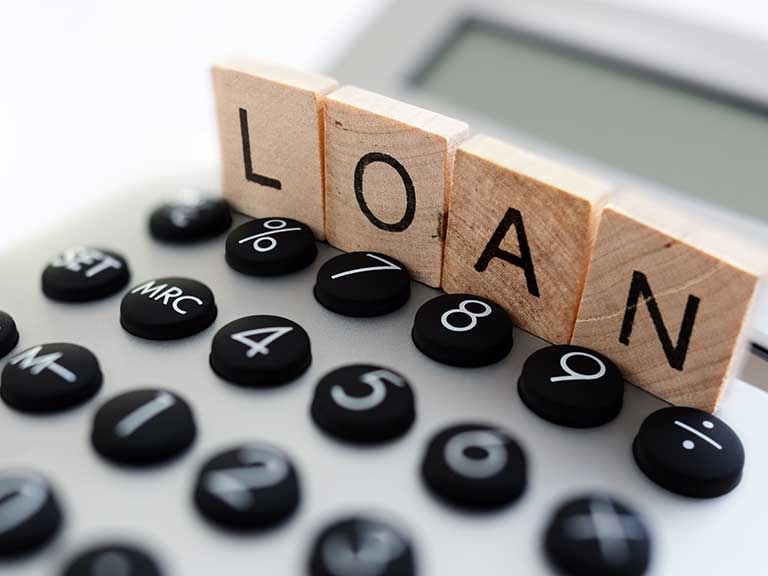The ambitious Anchor Borrowers’ Loan Scheme, initiated by the Central Bank of Nigeria to boost cash flow for agricultural production in the country, is encountering hurdles due to beneficiaries’ difficulty in repaying their loans upon maturity.
This situation has caused a delay in government funds and denied other potential applicants access to the program.
The newspaper’s findings reveal that out of the N1.1 trillion disbursed by the CBN to Anchor Borrowers’ Scheme (ABS) beneficiaries since its inception, only slightly over N546 billion has been repaid, leaving an outstanding balance of N577 billion.
The significant amount being held by borrowers, which includes commercial and microfinance banks, state governments, farmers’ associations, individuals, and corporate entities, has raised concerns within the Presidency.
There is growing worry that the program’s intended goals may be jeopardized if these funds are not promptly retrieved from the debtors.
Informed sources disclosed that President Bola Tinubu, who has been regularly briefed on the situation, is deeply troubled by the withholding of such a substantial sum of money. This money could otherwise be channeled to support other farmers seeking loans to enhance food production.
In response, the President has summoned top security agencies in the country to take all necessary measures to recover the substantial government funds from defaulters by September 18, 2023, in order to make these resources available to genuine farmers seeking loans to bolster food production.
Investors King learned that during a meeting with security agencies in Abuja, the President was visibly upset upon learning that one of the CBN’s subsidiaries was among the defaulting banks, obstructing vital funds meant for farmers to enhance production and ensure food security in the nation.
At the meeting, which reportedly took place at the Presidential Villa earlier in the day, it was revealed that a subsidiary of the CBN and a commercial bank had misappropriated N255 million, which was intended for disbursement to farmers and others in dire need of loans to enhance their production.
Some beneficiaries have refused to repay the loans as stipulated, citing inadequate returns on their investments and requesting additional time to meet their obligations to the apex bank, disregarding the terms of the initial agreement.
Speaking on the issue, a top security official, speaking anonymously, confirmed that many bank directors and managers had been interrogated regarding the substantial loan saga. Many of them admitted their involvement in securing these loans and the alleged breaches related to repayment.
“I can confirm that we have sent notices to all the defaulters, and numerous bank officials have confessed to their roles in the significant loan scandal. They have expressed their willingness to take the necessary steps to repay the loans,” a source familiar with the development stated.
“We have also communicated with all the debtors, and some of the banks, whose top managers have already been summoned and questioned, have assured us that they will settle the outstanding amounts in their names by the September 18 deadline,” the source added.
Notably, several farmers’ groups participated in the Anchor Borrowers’ Programme, a comprehensive CBN initiative aimed at promoting agricultural production. These groups include the Maize Farmers’ Association, Soya Beans Farmers’ Association, and Cotton Farmers’ Association.
However, investigations revealed that while the Maize Producers Association received a N39 billion loan from the CBN under the ABP, they have managed to repay only N23 billion so far. Cotton farmers, who borrowed N14 billion, have returned only N5 billion.
When contacted, most of the spokespeople for the security agencies in Abuja declined to comment on the presidential directive to recover and return the funds to the CBN.

 Forex4 weeks ago
Forex4 weeks ago
 Naira4 weeks ago
Naira4 weeks ago
 Billionaire Watch3 weeks ago
Billionaire Watch3 weeks ago



 Naira4 weeks ago
Naira4 weeks ago






 Naira3 weeks ago
Naira3 weeks ago


 Naira2 weeks ago
Naira2 weeks ago






 Naira2 weeks ago
Naira2 weeks ago


 Naira3 weeks ago
Naira3 weeks ago






















